Stress in the workplace can be caused by many things, it could arise from a number of potential contributing factors including interpersonal conflicts, increased workloads, periods of disruption and poor organisational performance.
Workplace stress, especially when experienced for prolonged periods, is going to have a detrimental impact on employee wellbeing and productivity. Proactively monitoring stress in the workforce will aid in identifying positive changes to the employee experience and enhancements to the organisational culture.
How to monitor stress levels in workplace
Stress can be difficult to monitor, especially in increasingly hybrid working environments. The best place to start with monitoring stress levels is to undertake a stress risk assessment. By using a similar framework to a physical health and safety risk assessment it will help you identify areas highly likely to cause stress or cause excessive stress and prioritise ways to monitor and relieve stress in the workforce.
However, it is important to remember that stress can have very different effects on each individual, therefore it is likely to manifest in many ways. Some key areas you may want to monitor include:
- Work performance – when under excessive and harmful levels of stress, employee performance is likely to decline or become increasingly inconsistent. Ensure managers are able to see patterns of uncharacteristic errors or lapses in memory. They should also be looking out for extra hours being worked for extended periods and reduced usage of allocated holiday, as this can often indicate pressure on an individual that needs to be addressed.
- Emotional signals – high levels of stress will often lead to emotional reactions being heightened in an individual. Some likely warning signs include irritability, sometimes leading to arguments with colleagues; over-reactions to relatively minor problems; and increased sensitivity with outward signs such as crying. Managers and colleagues should be prepared to recognise these emotional signals, display empathy, and enter dialogue to identify the root causes in order to render assistance and lead to a positive outcome.
- Withdrawal – at the other end of the spectrum to overt emotional responses to stress, signs of withdrawal are also indicators that an individual may be under excessive pressure. Withdrawal may manifest as a reduction in social contact with co-workers or an increased rate of absence. Stress induced withdrawal can be a slow but escalating problem, frequent late arrivals or early finishes can become more overt absenteeism over time. It is important to have tools and processes in place to monitor this and try to proactively intervene as a potential pattern of withdrawal presents itself.
- Aggressive behaviour – transferring stress into aggression can be an exceedingly dangerous coping mechanism. It is very likely to negatively impact not just the specific individual’s wellbeing but also negatively impact on the employee experience of others. Things that may be warning signs include.
- malicious gossip alongside excessive criticism of others.
- outbursts of anger with a difficult to control temper; and
- bullying or harassment. Given the severity of these behaviours, quick identification, and corrective action, through active support and engagement with the issues, is essential.
- Other indicators – due to the varied responses of the individual to stress, comprehensively listing every sign is almost impossible but some other common stress-related symptoms and behaviours include:
- Significantly increased consumption of alcohol or nicotine
- Difficulty relaxing during breaks or outside of the workplace.
- Nervous speech (stuttering or stumbling)
- Rapid changes in weight
- Lack of interest in appearance or reduction in standards of personal hygiene
Contact us on 07375 097443 or e-mail enquiries@lbjconsultants.co.uk to arrange an appointment to discuss how we can help your business.


